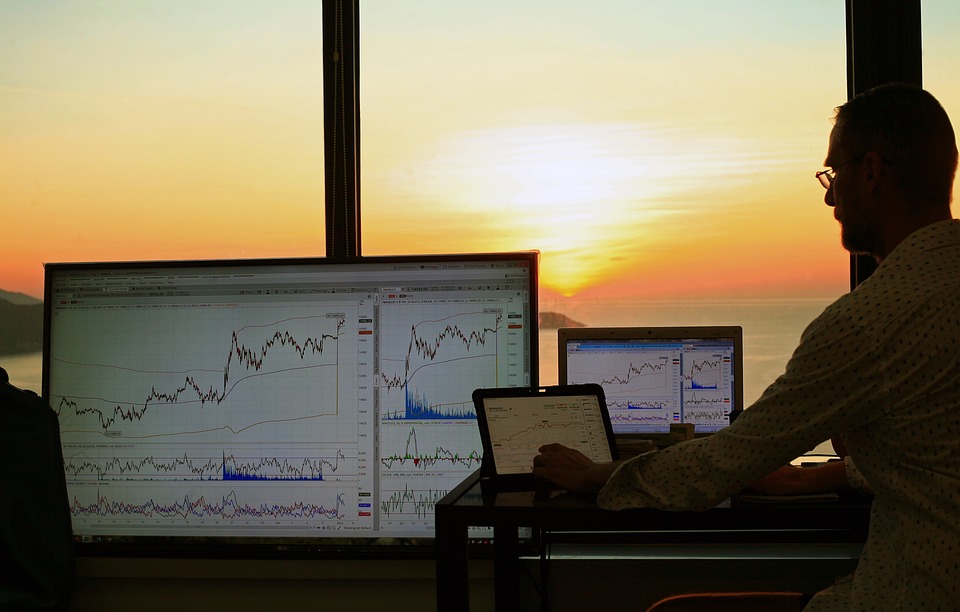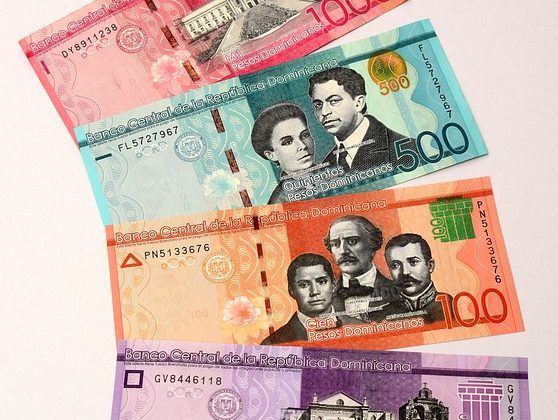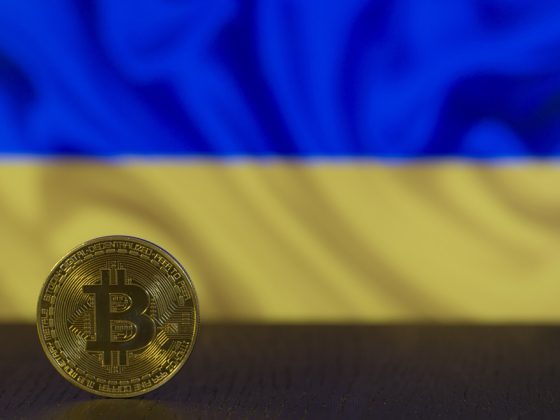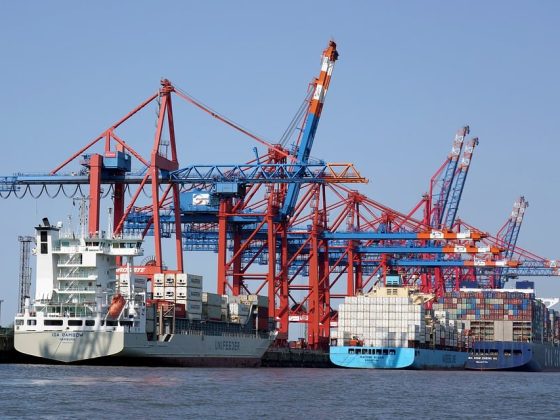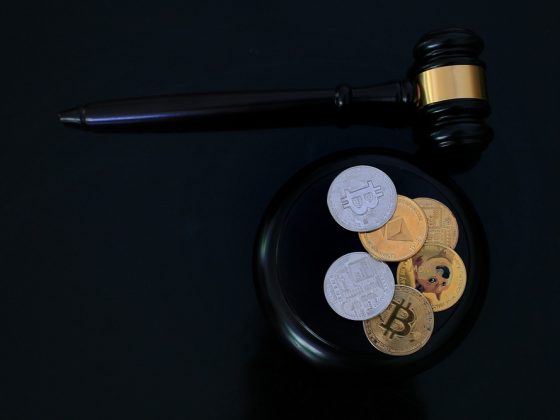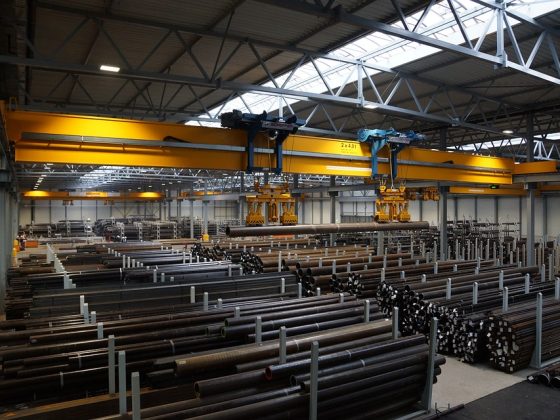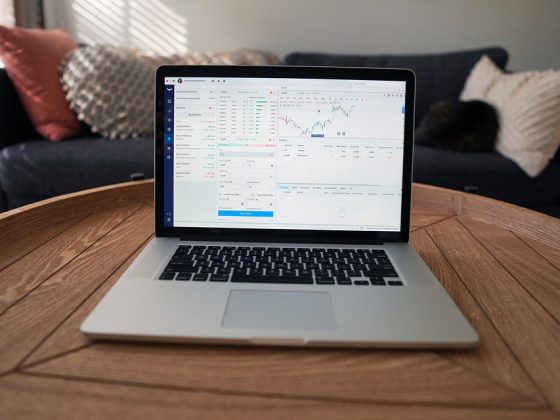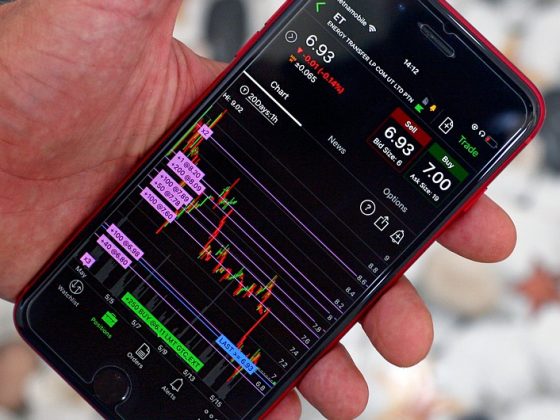In recent years, there has been a growing global interest in the concept of a green economy, as concerns about climate change, resource depletion, and environmental degradation have become more urgent. The green economy is defined as an economy that aims to enhance human well-being and social equity while significantly reducing environmental risks and ecological scarcities.
One of the key drivers of the green economy is sustainability, which refers to the responsible use of natural resources in a way that meets the needs of the present without compromising the ability of future generations to meet their own needs. Sustainability encompasses a wide range of issues, including renewable energy, waste management, water conservation, and sustainable agriculture.
Sustainability is driving innovation and investment in a number of ways. For one, it is creating new market opportunities for businesses that offer environmentally friendly products and services. Consumers are increasingly demanding sustainable options, and companies that fail to adapt risk falling behind their competitors.
Innovations in renewable energy, such as solar and wind power, are also driving investment in the green economy. As the cost of renewable energy technologies continues to decline, they are becoming more competitive with fossil fuels. This has led to a surge in investment in renewable energy projects around the world, with governments, businesses, and individuals all recognizing the economic and environmental benefits of moving away from carbon-intensive energy sources.
Furthermore, sustainability is also driving innovation in the design and construction of buildings and infrastructure. Green building practices, such as using energy-efficient materials and incorporating renewable energy systems, are becoming increasingly popular as a way to reduce energy consumption and greenhouse gas emissions. Sustainable urban planning is also gaining traction, with cities around the world investing in public transportation, bike lanes, and green spaces to improve air quality and reduce traffic congestion.
The green economy is not just about environmental sustainability—it is also about social and economic sustainability. By creating green jobs in industries such as renewable energy, sustainable agriculture, and eco-friendly manufacturing, the green economy is helping to reduce poverty and inequality and create opportunities for marginalized communities.
FAQs about Green Economy:
Q: What are the main sectors of the green economy?
A: The green economy encompasses a wide range of sectors, including renewable energy, green building, sustainable agriculture, waste management, and eco-tourism.
Q: How can individuals contribute to the green economy?
A: Individuals can contribute to the green economy by making sustainable choices in their daily lives, such as using public transportation, reducing waste, and supporting businesses that prioritize environmental sustainability.
Q: What are the benefits of investing in the green economy?
A: Investing in the green economy can lead to economic growth, job creation, and improved quality of life. It can also help to mitigate climate change and reduce the environmental impact of human activities.
Q: How can governments support the green economy?
A: Governments can support the green economy by implementing policies that promote renewable energy, sustainable transportation, and energy efficiency. They can also provide financial incentives and regulatory frameworks to encourage businesses to adopt more sustainable practices.
In conclusion, the green economy is a growing global phenomenon that is driving innovation and investment in sustainability. By prioritizing environmental, social, and economic sustainability, the green economy is creating new opportunities for businesses, individuals, and governments to build a more sustainable future for generations to come. Embracing the green economy is not just good for the planet—it is also good for the bottom line.

